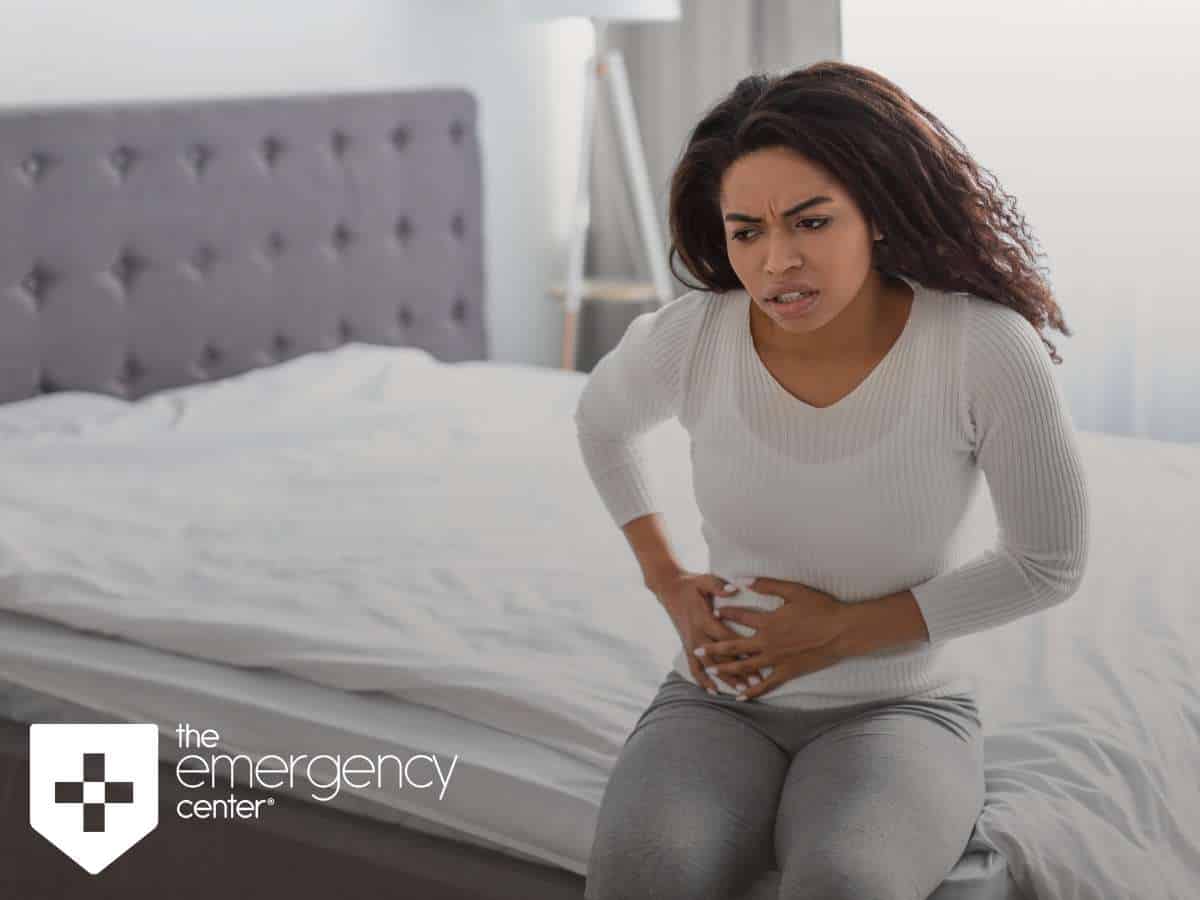kidney stones (or renal calculi) are caused when minerals and salts inside the body become bonded together to form hard, rock-like deposits. These deposits begin inside the kidney but can have an impact anywhere along the urinary tract, which comprises the kidneys, ureters, bladder, and urethra.

About 10% of the American population will get a kidney stone at some point, with men slightly more at risk than women. Though certain people are more likely to get kidney stones due to genetic predisposition, a number of factors can cause or contribute to their formation:
Importantly, once someone gets a kidney stone one time, he or she is much more likely to develop another one in the future.
Though kidney stones may crystallize in one part of the kidney, they usually don’t start to cause symptoms until they move to another part of the kidney or urinary tract such as the bladder or the ureter, which connects the two organs. When this occurs, comes the most well-known symptom of kidney stones: pain, which can take many forms.
In addition, blood in the urine, urine that appears pink or brown or is cloudy or smells different can also be a telltale indication of kidney stones. More general symptoms that may accompany the condition include nausea, fever or chills.
It sounds simple but drinking plenty of water and other fluids is an important way to prevent kidney stones. Liquids help dilute the urine, giving minerals and other waste products less of a chance to concentrate and form stones in the kidneys.
Seek immediate medical care at The Emergency Center for these potential kidney stone symptoms:
The Emergency Center can use diagnostic imaging to confirm the presence of a kidney stone or stones as well as size and shape. Meanwhile, a blood test or urine test can check for too many minerals that may form a stone, uncovering the likely composition of the stone and what steps the patient may need to take to prevent future stones.
Small stones (which are most typical) are usually passed by loading up on liquids and urinating. While it may be painful, The Emergency Center offers pain relief and other medications which can help patients more easily pass a stone, in addition to treatments for other accompanying symptoms. Larger stones may require surgery to remove.
Regardless of size, it is important to quickly address kidney stones, as they can increase risk of kidney disease, as well as a major source of pain.
The Emergency Center
San Antonio
11320 Alamo Ranch Pkwy
San Antonio, TX 78253
Phone: 210-485-3644
Conroe
4019 I-45 N,
Conroe, Texas 77304
Phone: 936-247-9457
Experiencing abdominal pain? Learn what it could mean by location and when to visit the…
Is your skin redness a sign of something serious? Learn about different types of skin…
Why are ER wait times so long? An emergency room physician explains key delays and…
Are you aware of the dangers of carbon monoxide? Learn prevention tips, symptoms, and how…
Enjoy winter sports safely! Learn how to prevent injuries & discover when to visit emergency…
Worried about ER visits this New Year’s Eve? Learn top safety tips to avoid common…